Language matters when we talk about race
Importing the American notion of white privilege risks adding to divisions, rather than uniting people in a common goal.
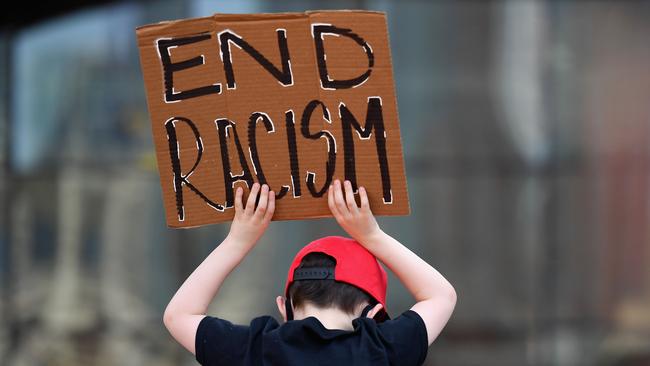
One night, the American feminist and academic Peggy McIntosh woke with a start. She’d had an idea so striking that it had interrupted her sleep. She turned on the light and wrote it down. But when she looked at what she had written, she was very disappointed. It seemed trivial.
Here’s what she had scribbled: “I can, if I wish, arrange to be in the company of people of my race most of the time.” Her disappointment didn’t last. As she wrote last year: “Now I think it is huge … my feeling that it was trivial was a very white judgment.”
Certainly the impact of that moment in the late 1980s when McIntosh woke up has been immense. It is a landmark in modern American politics and intellectual life. And, because it may be about to become part of British politics too, it’s worth reflecting on the robustness of the idea.
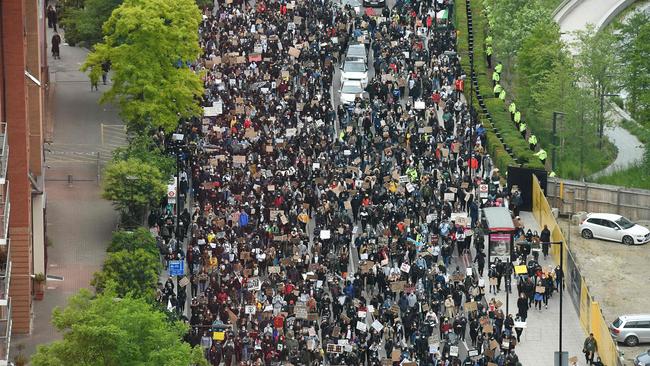
McIntosh’s reflection on being among people of her race formed the first of 46 examples of what she termed white privilege. Unearned advantages that she normally didn’t notice. Her white privilege had been buried so deep, it had only come to her properly in her sleep.
The phrase white-skin privilege had been used before, but rarely and almost always when describing formal constitutional or economic advantage. With McIntosh’s first paper on the subject, the idea took off. And it became much more about people’s experiences.
As a piece of academic work the paper was deeply flawed. Indeed it was rejected for publication on the grounds that it was merely anecdotal. Take that first example of white privilege. She didn’t provide any evidence that she or any other white person could arrange to be in the company of people of her race most of the time. Nor did she provide any evidence that others could not.
Yet despite this, her insight was in many ways impressive. It might not have been a convincing piece of research but it was a superb act of compassionate imagination. Her idea took off because it resonated. It was, especially in 1988, a sympathetic and clever thing to recognise that while “I can easily buy posters, postcards, picture books, greeting cards, dolls, toys and children’s magazines featuring people of my race” this was not a universal experience.
What McIntosh understood is that minorities experience multicultural societies very differently to majorities. And there are lots of ways in which this is a burden, some less easy to see than others.
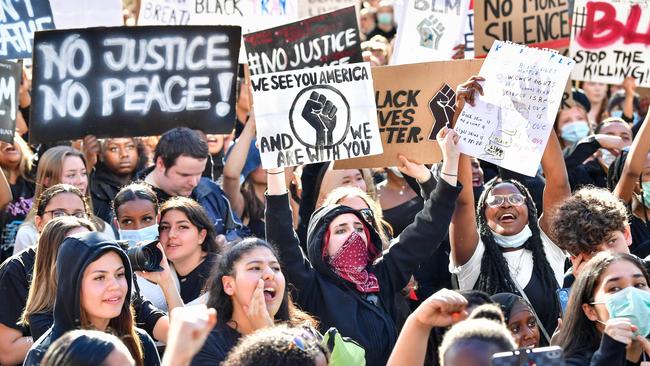
In her book Invisible Women, Caroline Criado Perez introduces the idea of the male default, showing how all sorts of policies, attitudes and services are designed around men. Protective equipment doesn’t fit women, bus routes and safety provisions reflect male priorities, phone handsets are too big. Keep your eyes open and you can see it all the time.
What McIntosh really identifies is white default. This means that what seems like neutrality is, in fact, biased (sometimes subtly and sometimes not), against black people. Anybody who looks out for whose cars the police are more likely to stop, for example, can see that in theory we’re all equal before the law but in practice we aren’t.
It is in the nature of white default that younger people can see it more clearly than people of my age or older. They are just starting out, seeing the world for the first time. They aren’t as attached to defaults, and don’t yet think of them as part of the way things always are. It is one of the reasons there is such a generation gap on this issue.
Yet, grateful as I am to McIntosh for helping me see the world more clearly, I think she has saddled us with a profoundly unhelpful phrase. White privilege is a bad description of the problem we have to tackle and a political burden while tackling it.
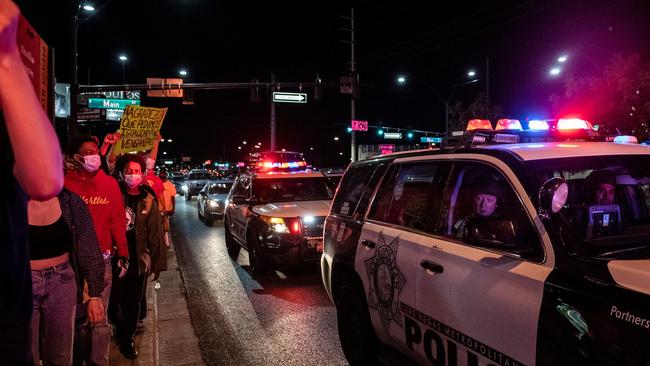
McIntosh’s white privilege is a white person’s description of her own experiences and advantages. As a result it frames privileges as things that should be basic civil rights.
One example she gives is “I can be sure that if I need legal or medical help, my race will not work against me”. Is that really best described as a privilege? Or to use another example, is it really a privilege not to be maltreated by police officers?
If we were to set about removing privilege, would we do it by making white people think that, when getting medical help, their race might count against them? Or by arguing that everyone should be equally maltreated by police officers? Obviously not.
The great power of the assertion that black lives matter is that it correctly argues that they haven’t mattered enough: to the police, to the justice system, to businesses. It demands that this be changed. White privilege instead makes white people the centre of attention.
Then there is the political problem with it. To people, and I’m certainly one of them, who are reasonably affluent, well established and have a degree of power at work, it may be irksome to be told you are privileged. But the provocation at least has a purpose. It makes you reflect on the advantages you have and where they come from. It prevents you being carried away with the idea that all you achieve is on merit.
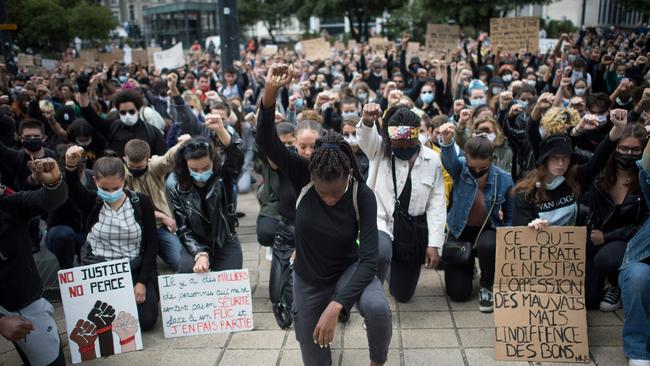
Yet many people experience it very differently. People who are struggling to hold down a job or on modest incomes or with difficult family lives or in poor health are told that they should feel lucky to be so privileged. It’s a message often delivered to them by university students or young urban professionals.
Unsurprisingly this doesn’t go down hugely well. It is a political loser. As Barack Obama, for one, appreciates. In March 2008 the future president gave one of his greatest speeches, known as the “A More Perfect Union” address. And he tackled the difficult topic of American race relations and politics. What he was interested in was trying to move the country on, to win support rather than to strike poses.
He was unsparing in his description of the barriers and prejudices experienced by African-Americans. But he was also sure that the right direction was to reduce resentments and stress common goals. “Most working-class and middle-class white Americans don’t feel that they have been particularly privileged by their race,” he noted.
This is not a small point, because the battle for racial equality is hard enough without loading ourselves down with unnecessary baggage and without thinking carefully about how to bring people along.
Britain’s experience of racism is different from America’s. I think, however, that the reaction to George Floyd’s death has been appropriate. There are obvious parallels and lessons we can learn. But I don’t think importing the language of white privilege should be one of them.
The Times

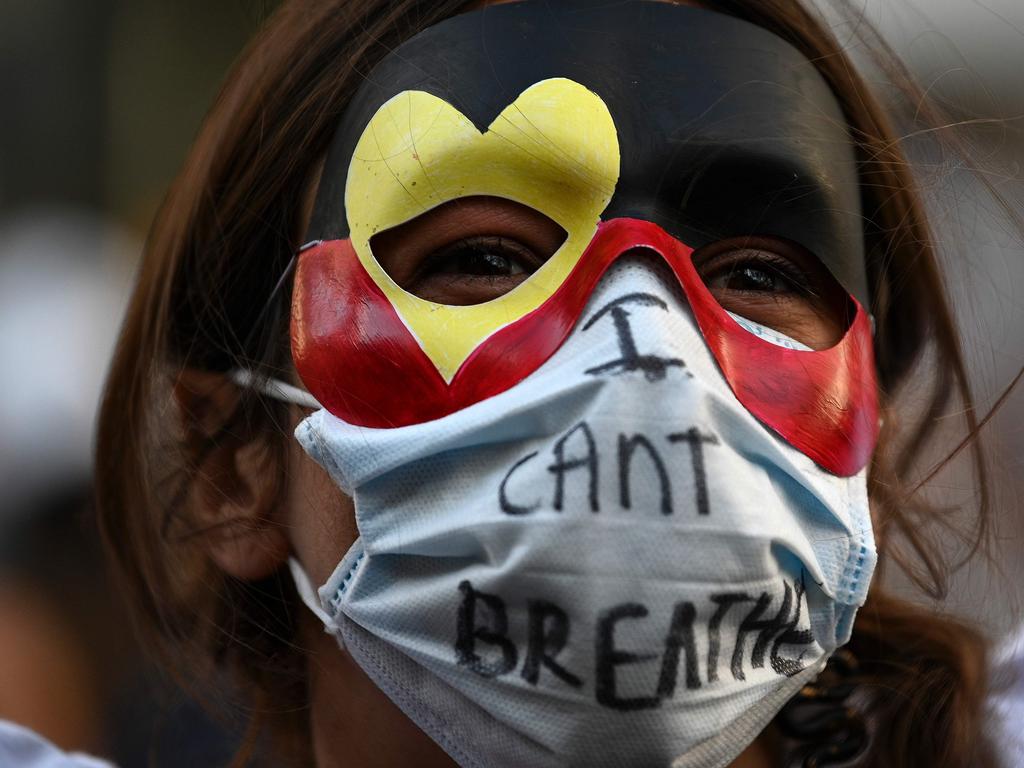
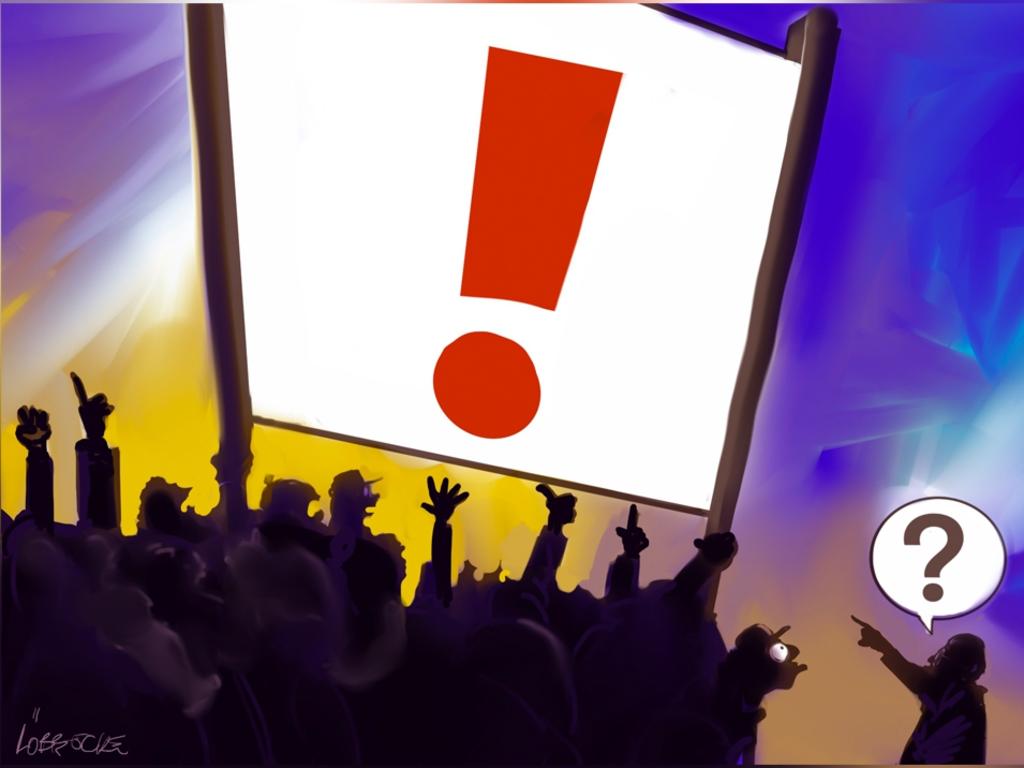

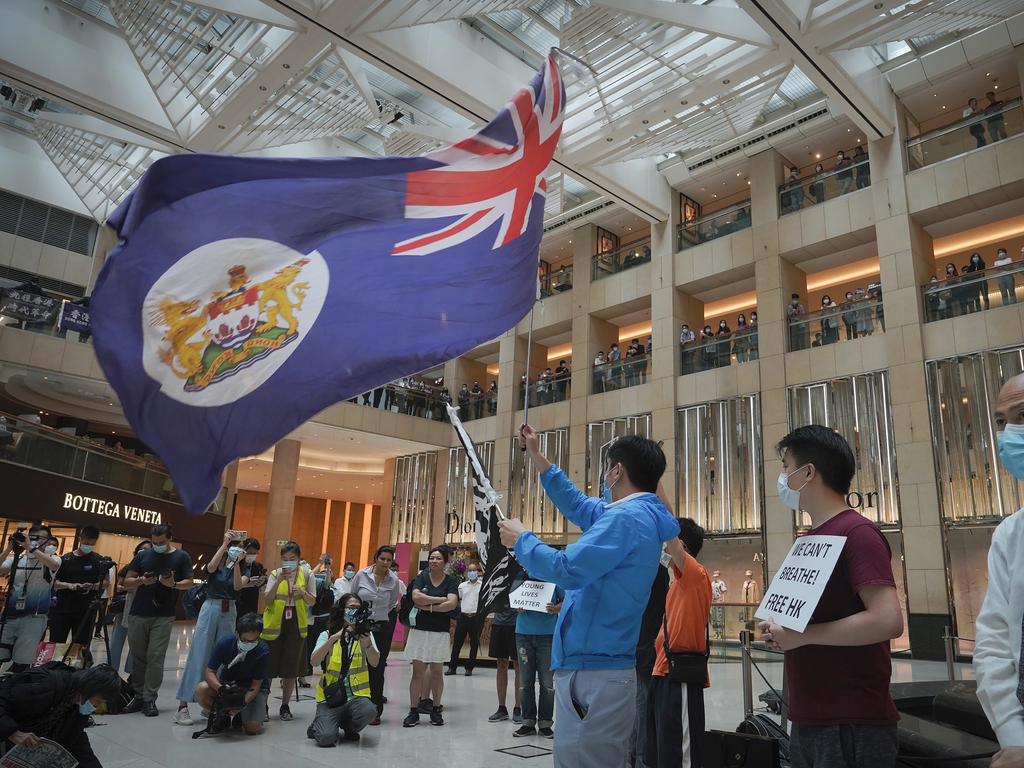


To join the conversation, please log in. Don't have an account? Register
Join the conversation, you are commenting as Logout